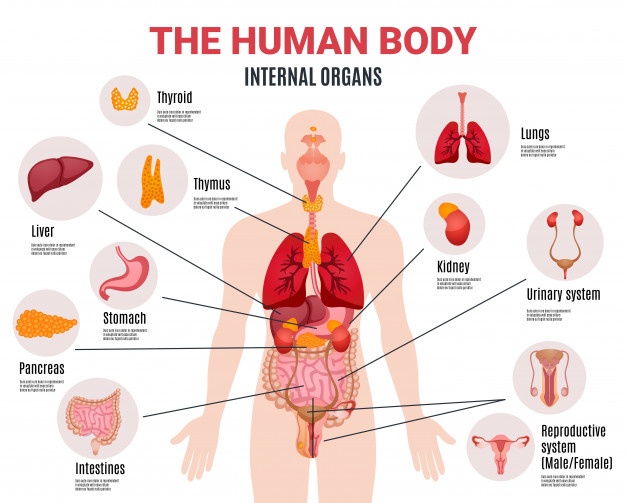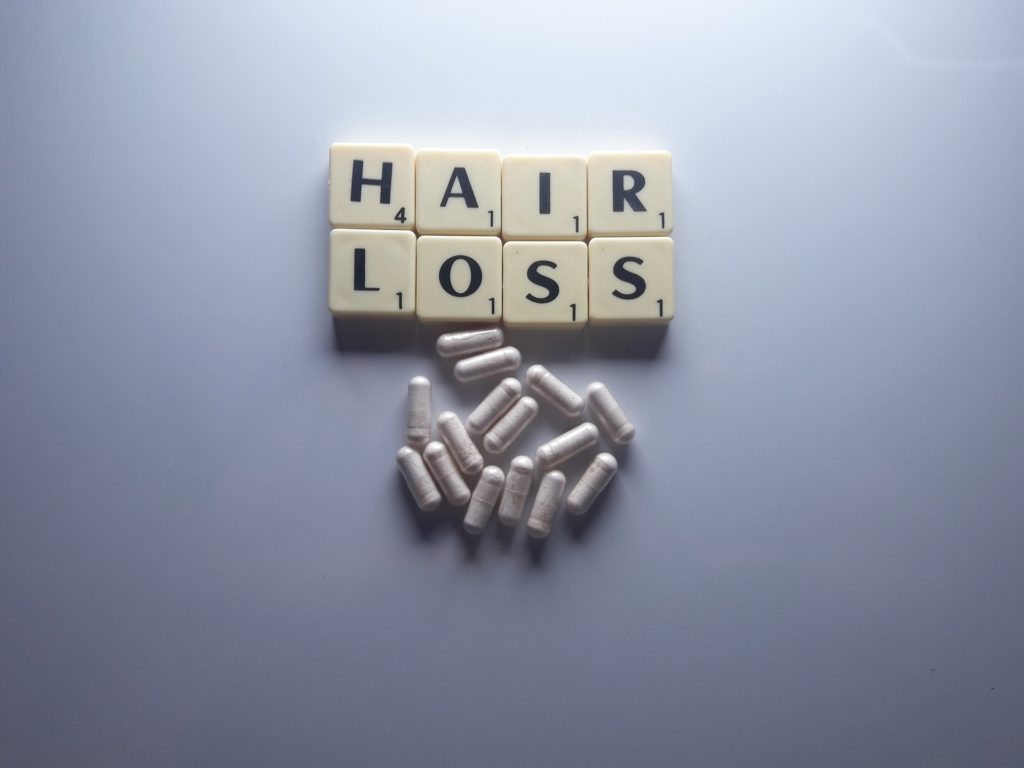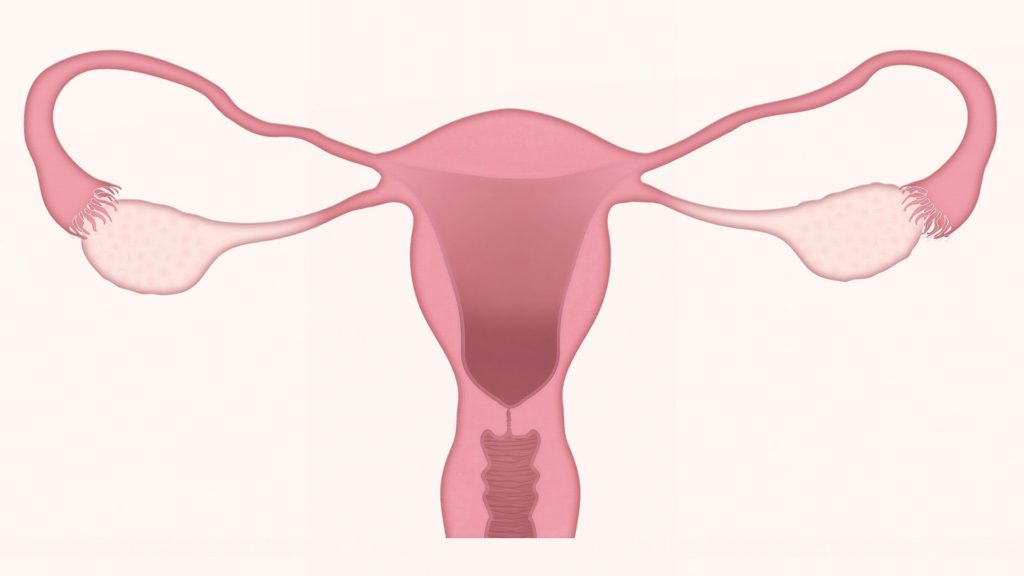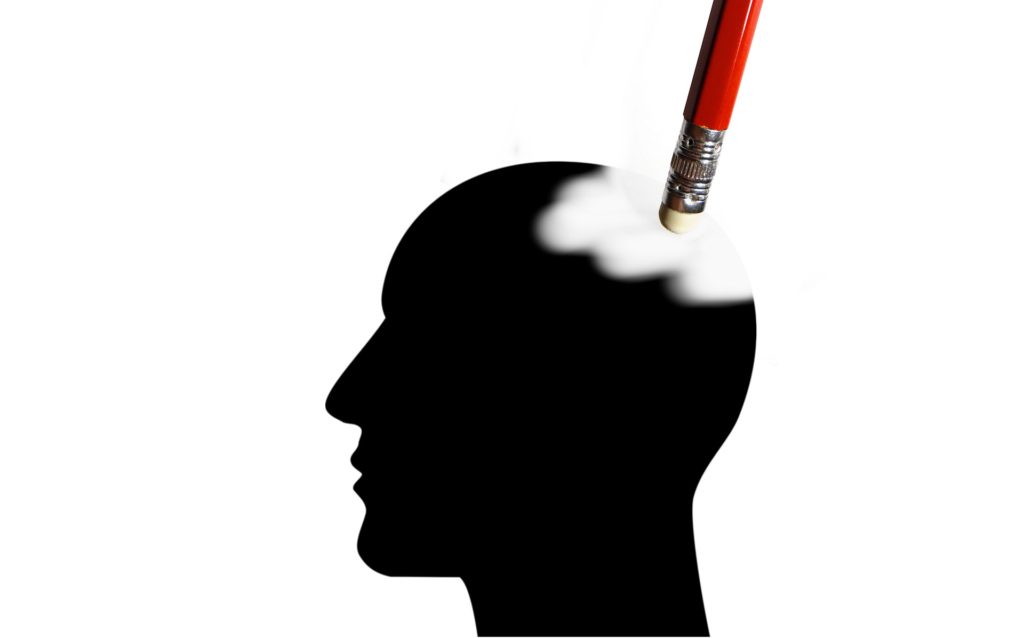Hypothyroidism affects up to 5% of the general population, with a further estimate of 5% going undiagnosed. Over 99% of affected patients suffer from primary hypothyroidism. Women are affected 10 times more than men.
Hypothyroidism or Underactive Thyroid occurs when the body is not able to produce enough thyroid hormones which is necessary for controlling growth, cell repair, and metabolism.
Table of Contents
Why does Hypothyroidism happen?

- Iodine Deficiency: Worldwide, environmental iodine deficiency is the most common cause of all thyroid disorders. Some countries where malnutrition and iodine-deficient soils exist, people don’t get enough iodine in their diets. This can cause hypothyroidism and goiter.
- Autoimmune disease: Autoimmune disease called Hashimoto can cause hypothyroidism or underactive thyroid. With this disease, your immune system attacks the thyroid which damages it leading it to not produce enough thyroid hormones.
- Pregnancy: Pregnancy can cause a disorder called Postpartum thyroiditis. This usually begins between 2 and 6 months after childbirth and generally lasts up to a year. Symptoms of this disease are typically mild and can include either an overactive thyroid or underactive thyroid symptoms. It’s an uncommon condition where about 7 in 100 people get affected. It can be managed by speaking to a healthcare provider.
- Physical or medical damage to the thyroid: This can happen when someone is receiving treatment for hyperthyroidism or having surgery or radiation around the area of the thyroid.
Top 5 Iodine Deficiency Symptoms
Swelling in the neck

Most common symptom of Iodine deficieny is swelling of the front neck also called as Goiter . It occurs when the thyroid gland grows too big. When blood levels of Thyroid Stimulating
Hormones(TSH) rise, the thyroid gland uses iodine to make thyroid hormones. However, when your body doesn’t have a sufficient amount of iodine, it cannot make enough of them.
This results in the thyroid gland working harder to produce more causing the cells to grow and multiply making it big leading to Goiter.
Unexpected Weight Gain and Feeling Tired

When a person has healthy metabolism, they burn calories to give them their energy but when your thyroid levels are low, metabolism reduces leading to the storage of fat and unable to burn them ultimately making the person gain weight.
Adding more iodine to your diet helps in reversing the effects of slow metabolism, as it can help your body make more thyroid hormones.
A drop in metabolic rate can make a person feel tired.When thyroid hormones are low, the body cannot make enough energy as it usually does. This may cause your energy levels to crash and leave you feeling weak.
Hair Loss and Dry ,Flaky Skin

The thyroid gland depends on iodine to make the hormones necessary for the growth of healthy hair, teeth and bones. When the deficiency of Iodine occurs, it starts showing up symptoms like thinning of hair , hair starts to get coarser, premature greying , appearance of bald spots or even total hair loss!
If you notice your face’s skin texture turning dry and flaky unlike your usual texture, deficiency of thyroid must be a reason since Thyroid hormones help cells renew . Lack of these hormones lead to build up of dead skin cells resulting in dry and flaky skin.
Menstrual Problems

An overactive or underactive thyroid is one of the major causes of irregular or heavy periods. This can cause women to stop ovulating, leading to infertility. Some researchers think that iodine deficiency might also increase the risk of other cancers such as breast, endometrial, and ovarian cancer.
According to John Hopkin’s Medicine, thyroid maybe one of the reasons for Amenorrhea.
What is Amennorhea?
If you don’t have periods for more than 3 cycles, it is called Amennorhea.
Types of Amennorhea:
- Primary Amennorhea: Menstruation begins at puberty
- Secondary Amennorhea: Usually starts at a later stage due to some physical cause. This means your periods were normal and regular at the onset of puberty but later became abnormal and irregular or absent.
Hypothyoridism may also trigger a condition known as ‘short luteal phase’ . Luteal phase occurs between ovulation(release of egg) and the start of your period. For a successful pregnancy, you need a luteal phase of 14 days to allow a fertilized egg enougn time to successfully implant and develop. If your luteal phase is too short, this may hinder the fertilization process by expelling the fertilized egg during your menstrual period, stopping pregnancy from continuing.
Changes in Heart Rate

According to research conducted by Houston Methodist hospital, hypothyroidism has profound effects on the cardiac function that can impact cardiac contractility, bp, and heart rhythm.
Too little of this mineral could cause your heart to beat slower than usual, while too much of it could cause your heart to beat faster than usual.
A severe iodine deficiency can cause an abnormally slow heart rate. This could make you feel dizzy, fatigued and weak.
Trouble learning and Memory Loss
Since thyroid hormones play an important role in brain development and function, a deficiency in iodine can affect your ability to learn and remember.
Interestingly, both hypothyroidism and hyperthyroidism can cause cognitive problems that can mimic symptoms of mild Dementia.
Who are at Risk?
According to Mayo clinic, although anyone can develop hypothyroidism, you are at increased risk if you:
- Are a woman
- Are older than 60
- Have a family history of Thyroid diseases
- Have an autoimmune disease such as type 1 diabetes
- Have been treated with radioactive iodine or anti-thyroid medications
- Received radiation to your neck or upper chest
- Have had thyroid surgery (partial thyroidectomy)
- Have been pregnant or delivered a baby within the past six months
How to get your Thyroid tested?
Hypothyroidism is generally evaluated by an endocrinologist or your primary care doctor. Symptoms, signs and most importantly blood tests are conducted to evaluate the possibility of an underactive thyroid gland caused due to iodine deficiency.
Hypothyroidism can be detected in different Blood Tests:
TSH Test:
A thyroid-stimulating hormone test is a blood test that measures the amount of T4(thyroxine) that the thyroid is being signaled to make. TSH levels go in the opposite direction of your thyroid hormone. If you’re making too little thyroid hormone, your TSH will go up. If you’re making too much thyroid hormone, your TSH will go down. If you have an abnormally high level of TSH, it could mean you have hypothyroidism.
T4(Thyroxine) Test:
The thyroid gland produces T4(Thyroxine). It is called T4 because it has 4 iodine molecules. Two blood tests may be performed as part of a T4 test:
- Total T4, which measures the entire amount of thyroxine in the blood, including the amount attached to blood proteins that help transport the hormone through the bloodstream
- Free T4, which measures only the thyroxine that’s not attached to proteins (this is the portion of T4 in the blood that’s available to affect the functioning of many types of body cells)
So, if you think you have been seeing these symptoms, do not ignore!
Get your health check up done as soon as possible.
Recommended Article :
Top 5 Iodine Rich food – Vegetarian





So well explained .. thankyou
This is well detailed info. Great
Thank you for sharing it. My dad has hypo thyroid so will share with him.
Excellent. Very informative
Much needed info
Deep Information about thyroid..
Great information!
Amazing blog..the way you explained about thyroid and it’s cause was wonderful
Appreciating the time and energy you put into your blog and detailed information you provide.It’s nice to come across a blog every once in a while that isn’t the sameunwanted rehashed material. Fantastic read! I’ve saved your site and I’m adding your RSS feedsto my Google account.
Thanks for having this survey… One can know their disease.
Thyroid is something which if handled with care and a disciplined life is followed can be managed well. Few restrictions in diet is also important
Wow amzing post, informative and well descriptive.
This is really helpful and well detailed definitely share this blog thnx
Each and every points are so relevant and true…You coverd all possible hints…a proper disciplined life can cure it permanently…keep sharing such information.
Being a thyroid patient I can actually understand these issues and the increasing problems.. worth sharing blog
Very well explained. Everyone should take care of their health and a regular health check up will help them identify the problems. All the symptoms are explained very well.
Everything you described is the best. This is so beautiful and detailed article. Thanks for this valuable information.
Thyroid disorders are more common in women. Everyone should take care of their health and a regular health check up will help them identify the problems.
Love the detailed article on thyroid. It’s more common than we think. This kind of article is very important to read for all women